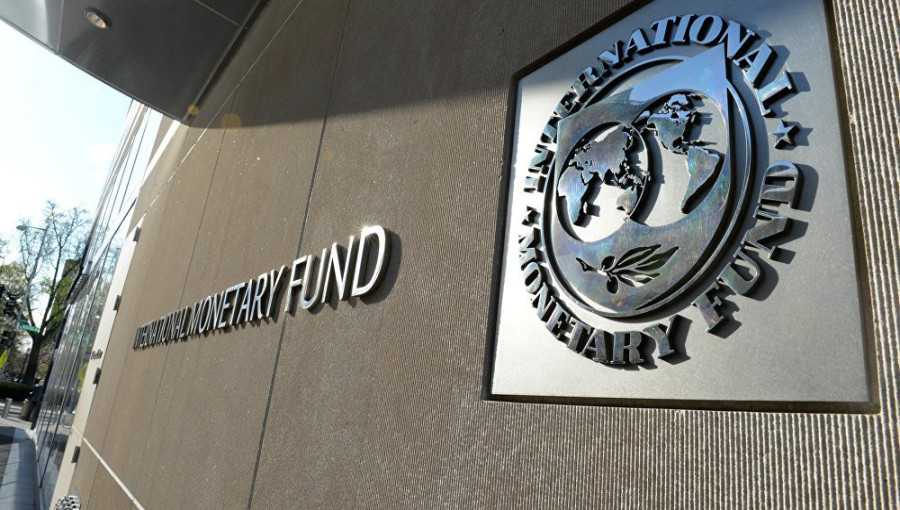Oct 15,V7N- The International Monetary Fund (IMF) has raised concerns over the rising global public debt, which is set to surpass $100 trillion this year, for the first time in history. According to the IMF’s latest Fiscal Monitor report, global public debt is projected to reach 93% of global GDP by the end of 2024 and could approach 100% by 2030, surpassing the peak levels seen during the COVID-19 pandemic. This increase, fueled by political pressures for higher spending, slower economic growth, and aging populations, signals potential economic risks ahead.
The report highlights that while fiscal policies have become more uncertain, governments worldwide face mounting pressures to spend on green transitions, security, and long-term development goals. As a result, debt levels may rise even higher than forecast. Political factors, particularly in the United States, play a key role. Both leading U.S. presidential candidates have promised large tax cuts and spending measures. For instance, former President Donald Trump's proposals could add $7.5 trillion to U.S. debt over the next decade, compared to $3.5 trillion under Vice President Kamala Harris’s plans, as estimated by the Committee for a Responsible Federal Budget (CRFB).
IMF analysis suggests that debt projections often underestimate future outcomes, with actual debt-to-GDP ratios five years ahead typically being 10% higher than expected. In a "severely adverse scenario" where weak growth and tighter financing conditions persist in key economies like the U.S. and China, global debt could reach 115% of GDP within three years—20 percentage points above current projections.
The IMF is urging countries to undertake fiscal consolidation, taking advantage of the present environment of solid growth and low unemployment. However, it warns that current efforts, projected to reduce debt by an average of only 1% of GDP over the next six years, are insufficient. A cumulative tightening of 3.8% would be necessary to stabilize debts, with more aggressive measures required in countries like the U.S., China, and several European nations where debt is expected to keep rising.
The IMF stresses the risks of delaying fiscal adjustments, as doing so could lead to even larger corrections later, potentially triggering adverse market reactions. Deputy Fiscal Affairs Director Era Dabla-Norris emphasized the importance of targeted spending cuts and tax system reforms, suggesting that cuts in areas like social spending or public investment could severely impact growth. Instead, the IMF advocates for more progressive tax policies, such as better-targeted taxes on capital gains and income, and improvements in tax collection efficiency.
END/BUS/RH/































Comment: